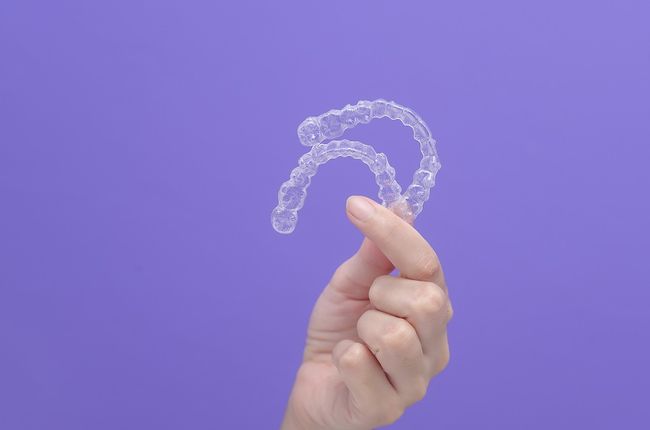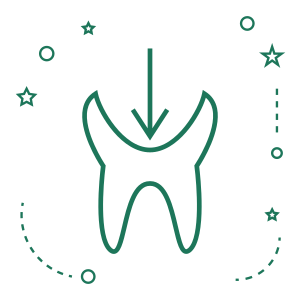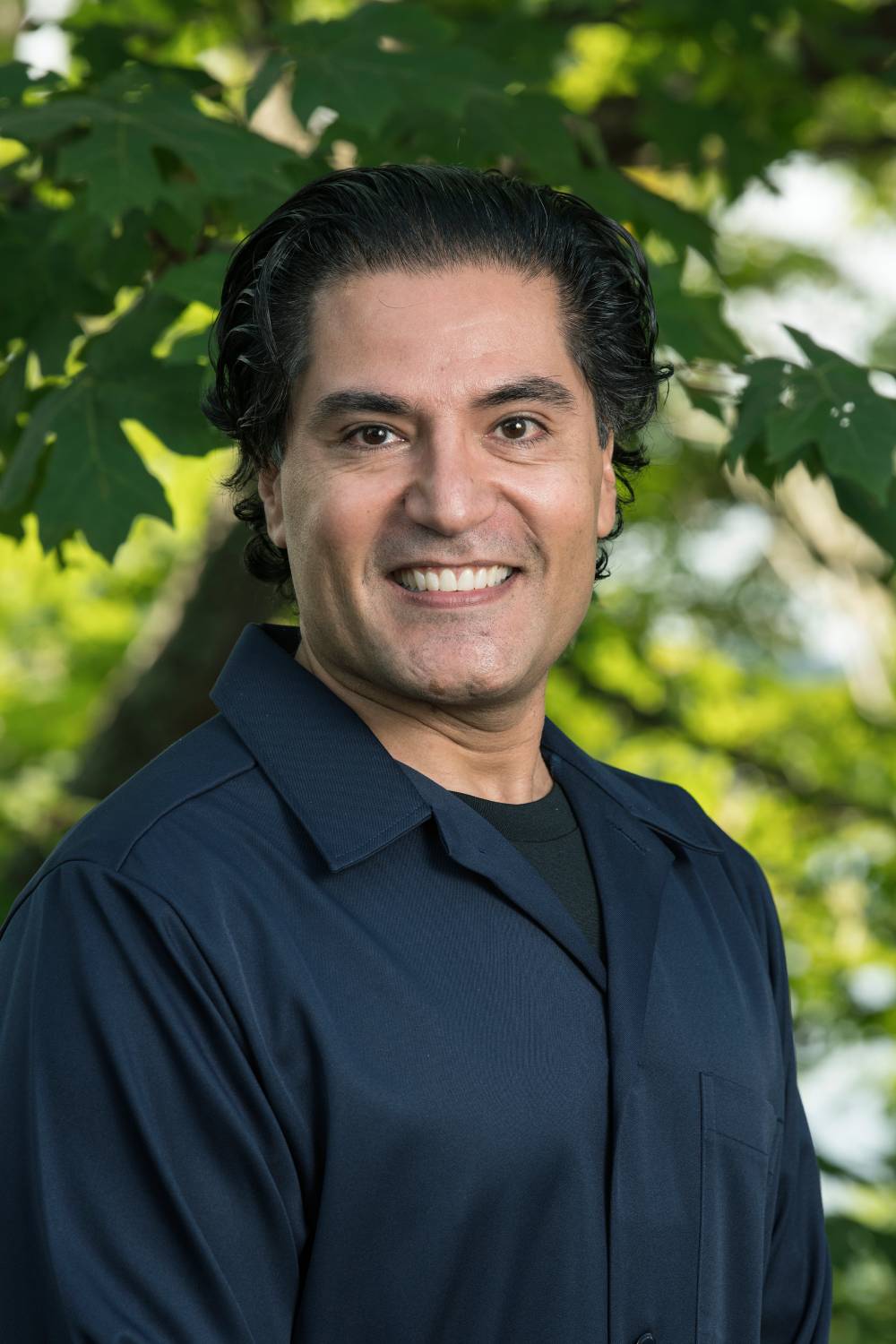![This is a thumbnail image of blog Discover the History of Veneers with Your Cosmetic Dentist in Green Lake This is a thumbnail image of blog Discover the History of Veneers with Your Cosmetic Dentist in Green Lake]()
Discover the History of Veneers with Your Cosmetic Dentist in Green Lake
Aug 10, 2020![This is a thumbnail image of blog Dentist in Green Lake Caters to Young Smiles This is a thumbnail image of blog Dentist in Green Lake Caters to Young Smiles]()
Dentist in Green Lake Caters to Young Smiles
Dec 13, 2020![This is a thumbnail image of blog Cosmetic Dentistry Unveiled: How It Enhances Oral Health and Functionality This is a thumbnail image of blog Cosmetic Dentistry Unveiled: How It Enhances Oral Health and Functionality]()
Cosmetic Dentistry Unveiled: How It Enhances Oral Health and Functionality
Feb 06, 2025![Dental Implants in Seattle, WA Dental Implants in Seattle, WA]()
Is Dental Implant Surgery Right for You? Unveiling the Qualities of an Ideal Candidate
Feb 14, 2024

Why Do Dental Implants Fail?
When it comes to replacing missing teeth, dental implants are often considered the gold standard. Not only are they incredibly sturdy and durable, but they have the potential to last for several decades. If you take proper care of them, they could even last for the rest of your life! However, there are a few factors that make your dental implants in Northgate and Green Lake more likely to fail. Let’s examine some of those factors.
Smoking
One of the most prominent risk factors for a failed dental implant is tobacco use. Whether you smoke it or chew it, tobacco severely hinders the oral healing process. After you get a dental implant, it takes a few months for your jawbone to fuse to the implant post. This process, known as osseointegration, can be impacted if you smoke. Your body could ultimately reject the implant, meaning the placement surgery was all for nothing. If you’re considering getting dental implants, it’s highly recommended that you quit smoking first.
Teeth Grinding
Also known as bruxism, chronic teeth grinding, especially while sleeping, is a problem that affects many Americans of all ages. This habit can damage not only natural tooth enamel, but dental implants as well. Ask your dentist about a nightguard to prevent harmful contact of your top and bottom teeth while you sleep.
Medical Conditions
There are many medical conditions that affect your body’s ability to fight off infections, such as HIV/AIDS and uncontrolled diabetes. If you have a medical condition, ask your primary care doctor about how to manage your condition and whether dental implants are right for you.
Cancer Treatment
Sometimes, people going through certain cancer treatments may not be good candidates for dental implants. Radiation therapy for the head and neck can sometimes make it harder for your jawbone to heal after getting dental implants.
Certain Medications
According to a study out of the University at Buffalo, there is a certain compound in antidepressants that can weaken bone growth. This makes osseointegration much more likely to fail. Additionally, some drugs that suppress your immune system can put you at a great risk for infections that could compromise the success of your implants.
Dental implants are the best tooth replacement method available today, but they’re not perfect and they can still fail. If any of the above factors describe you, talk to your dentist or doctor about whether dental implants are right for you.
Office Hours
MON9:00 am - 5:00 pm
FRI8:00 am - 5:00 pm
SAT - SUNClosed




















comments